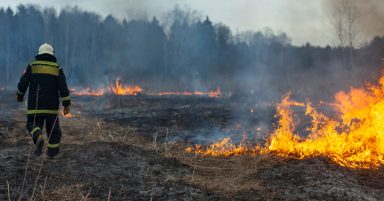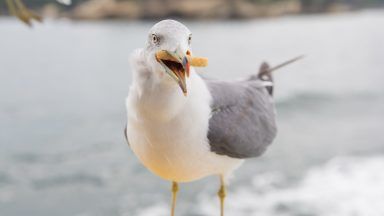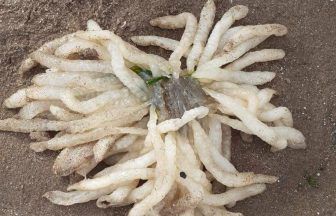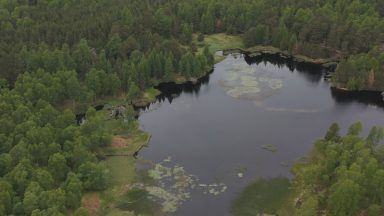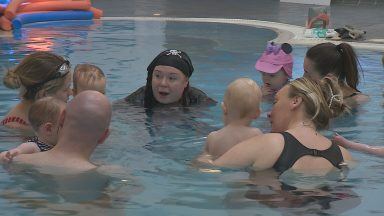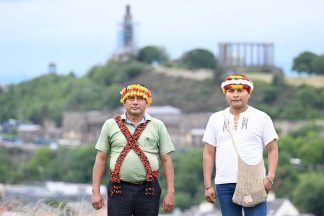Mosquitoes found in Scotland could pose a future risk of spreading disease, researchers at the University of Glasgow have said.
A collaboration between the university in partnership with Centre for Virus Research (CVR), the UK Health Security Agency (UKHSA) and the UK Centre for Ecology & Hydrology (UKCEH) has been surveying Scottish mosquitoes for a year.
Researchers have found 16 types of mosquito in Scotland, including the Culex pipiens, which is widespread in North and South America, parts of Europe and some areas of Asia and Northern Africa.
While most people know that mosquitoes are found in tropical climates, they can be found in colder and more remote parts of Scotland, where they are most active from May to October.
Throughout the last year they have collected more than 1,000 mosquitoes across Scotland, in a range of locations, from parks in urban Glasgow to nature reserves on the north coast.
Mosquitoes are known to carry disease with the World Health Organization (WHO) estimating that about 219 million people contract malaria from mosquitoes each year globally, resulting in 400,000 deaths.
Prof Heather Ferguson, who has been leading the study, said that while mosquitoes currently in Scotland don’t pose a risk to human health, climate change could increase the risk of invasive mosquito species establishing in Scotland.
“It may also increase the risk for mosquito-borne diseases that are present in some other European countries to establish,” she said.
“By sharing information on when and where they observe mosquitoes, members of the public can make a very valuable contribution to this research and help us anticipate and prepare for any potentially negative impacts of climate change on mosquito-borne diseases”.
Mosquitoes in Scotland are already able to transmit diseases to birds, both wild populations and zoos, in other parts of the UK.
Birds have been significantly affected by mosquito-borne pathogens such as Usutu Virus and avian malaria in England.
Efforts to find and trap mosquitoes across Scotland are being led by Dr Georgia Kirby and PhD Scholar Meshach Lee in the University’s School of Biodiversity, One Health and Veterinary Medicine.
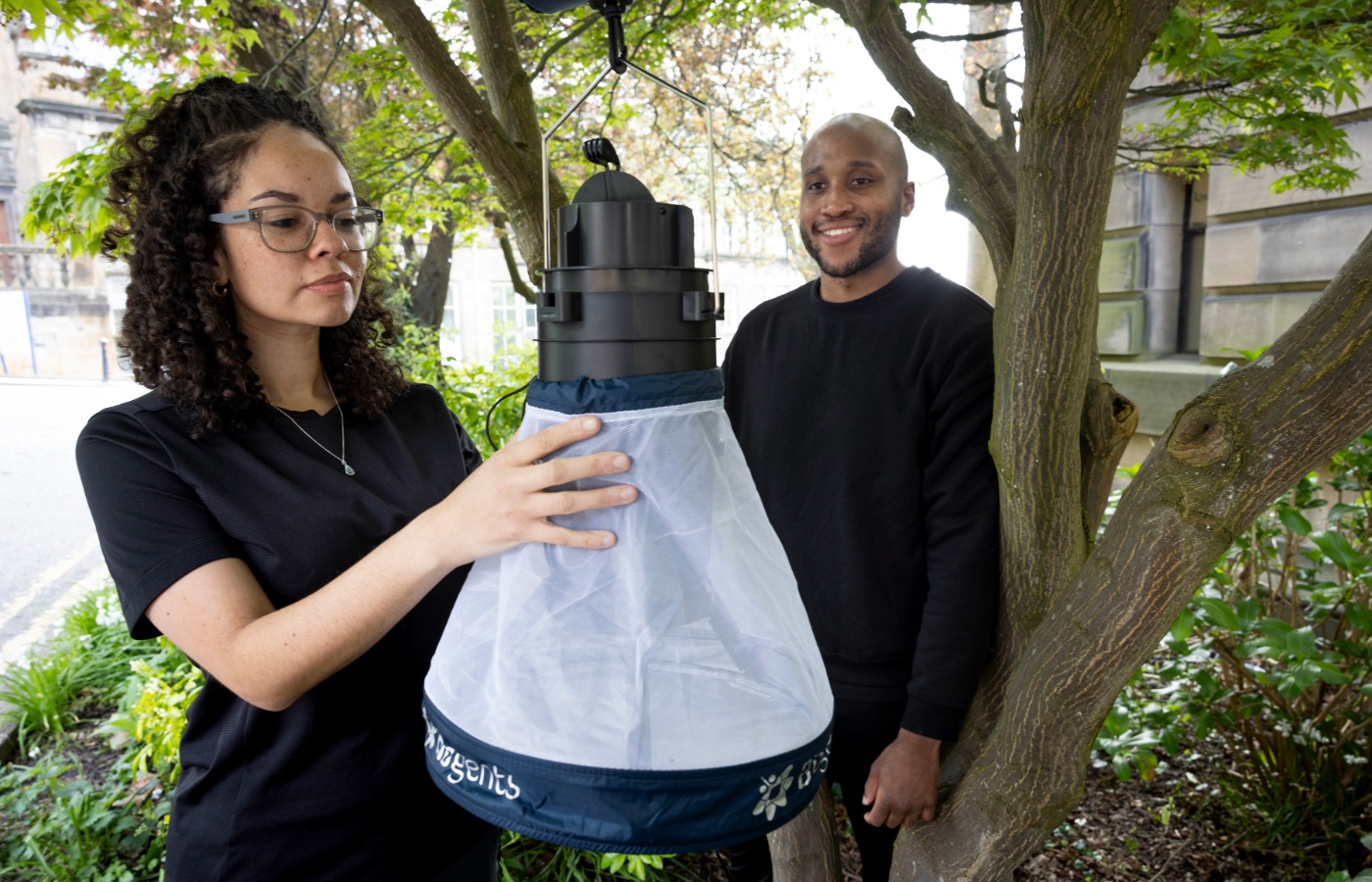 Supplied
SuppliedA website has now been launched with instructions on how the public can join the search by registering a mosquito sighting and uploading a photo, with tips on how to recognise these insects, and information on their ecology.
The information will be used to understand how common some mosquitoes are across the country, and which types are most likely to be found around people.
It will also help researchers understand whether mosquitoes are a source of “nuisance biting” in Scotland, and to generate baseline information for longer-term monitoring of how mosquitoes respond to climate change.
Dr Emilie Pondeville, senior research fellow at MRC-University of Glasgow CVR, who co-leads the project, said: “While currently mosquitoes in Scotland do not pose a direct threat to human health, it is crucial to investigate whether local mosquito populations can harbour and transmit diseases that impact both animals and humans.
“Understanding how temperature influences this dynamic is paramount, especially in the context of global warming.
“By conducting such assessments, we can gauge the potential future risk posed by mosquito-borne diseases, and this will enable the implementation of proactive measures to mitigate any emerging threats.”
Throughout the project, researchers will be conducting surveillance of mosquitoes and screening migratory birds across Scotland for the presence of emerging zoonotic pathogens, including West Nile and Usutu viruses, and results will be used to model the risk of pathogen introduction and transmission.
Follow STV News on WhatsApp
Scan the QR code on your mobile device for all the latest news from around the country


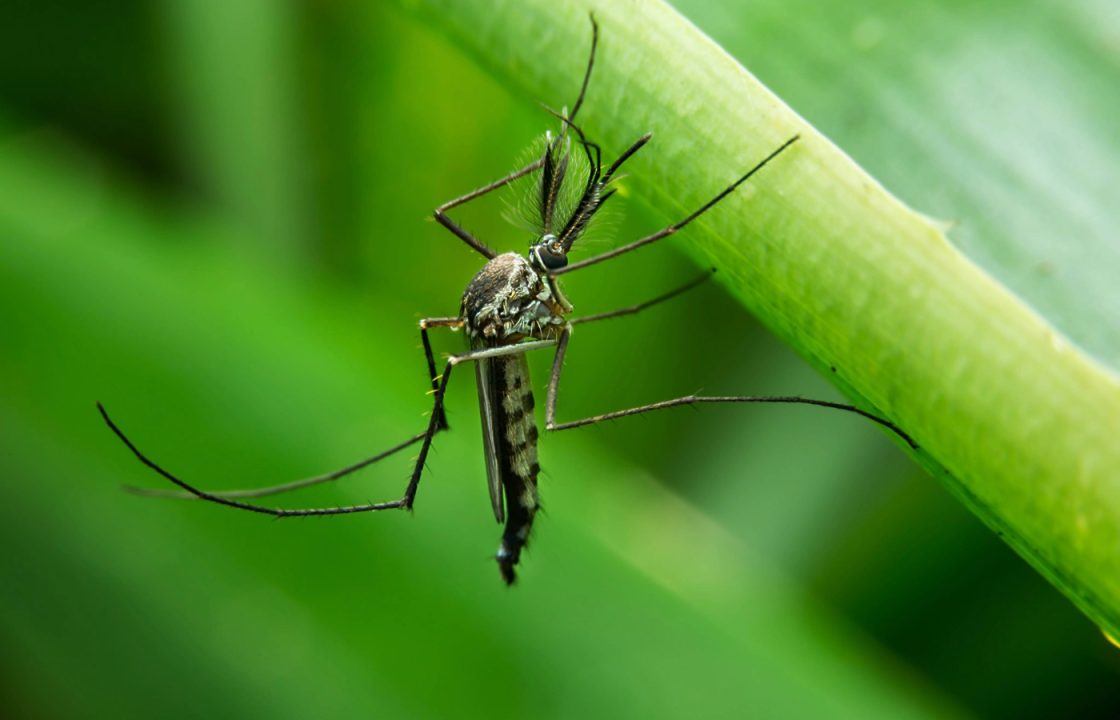 Getty Images
Getty Images

